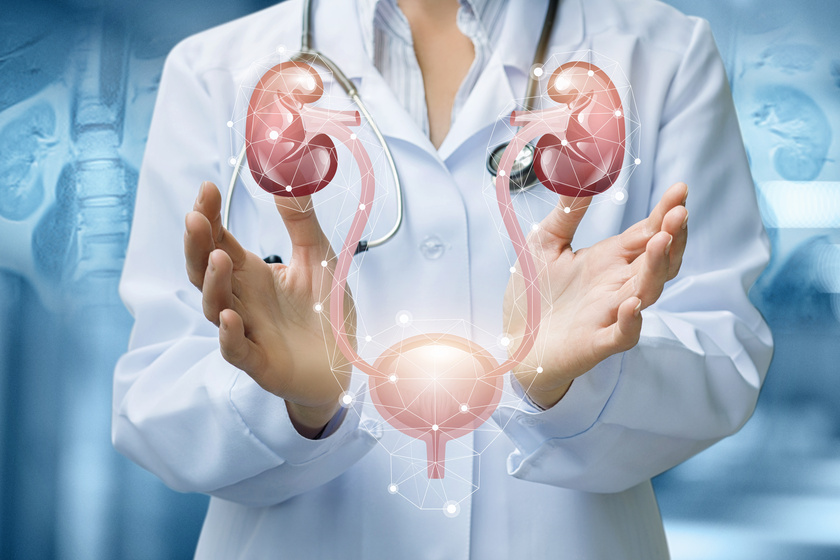Know someone or a loved one with dementia? If you do, you need to understand incontinence in people with dementia. While it is not a symptom of dementia, it commonly affects most people with dementia. Hence, read on to understand incontinence in people with dementia.
What Is Incontinence?
Firstly, you need to understand what exactly is incontinence. Typically it refers to urinary incontinence. Those with dementia frequently experience urinary incontinence, or unintended urinating. Mild leakage to inadvertent urinating are all possibilities that can happen. Unintentional bowel movements, often known as fecal incontinence, are a less common occurrence. This might range from a small amount of stool incontinence before a bowel movement to a complete lack of bowel control. Incontinence is a sign of dementia that appears in the latter stages. Essentially, there are two types of incontinence – urinary incontinence and fecal incontinence.
What Is Incontinence in People with Dementia Caused By?
A person’s capacity to respond swiftly and remember things is harmed as dementia progresses. They may lose track of when they need to go to the bathroom or have a bowel movement. Incontinence in someone with dementia can be caused by a variety of factors, including not recognizing the bathroom and communication challenges. Mobility loss and the inability to go to the restroom on time can also cause incontinence in people with dementia. Sadly, such accidents often result in emotions of humiliation and sadness.
What Increases the Risk of Incontinence in People with Dementia?
There are many factors that can increase the risk of incontinence. For instance, being overweight can increase the risk as it puts pressure on the bladder. Mature adults also have weaker bladder muscles which increase the risks. Those who went through pregnancy and childbirth will also have a higher risk due to the affected pelvic floor and bladder muscles. Those undergoing menopause will have more hormones that affect the bladder and increases the risk. Specific medication, a trauma that affects the nerves, and enlarged prostate or prostate surgery can also increase the risk.
How to Keep Your Bladder Healthy?
While there are medications available to help with incontinence-related overactivity of the bladder, some of them have negative effects that might exacerbate dementia. Consult your doctor about the alternatives available to you and the person you’re caring for. In certain circumstances, addressing the underlying medical problem that is causing the incontinence may be beneficial.
Instead, you can focus on improving your diet. You can limit drinks before bedtime, avoid carbonated or caffeinated beverages, and stay away from spicy or acidic meals, which can irritate the urinary system. In addition, constipation can be avoided by eating a high-fiber diet and exercising frequently. At the same time, do not forget that fluid consumption is also vital for maintaining the health of the bladder and colon. Every day, those with dementia and incontinence should aim to drink around six to eight cups of water. Their constipation can also be relieved by eating fiber-rich meals such as bran, fruit, and vegetables.







